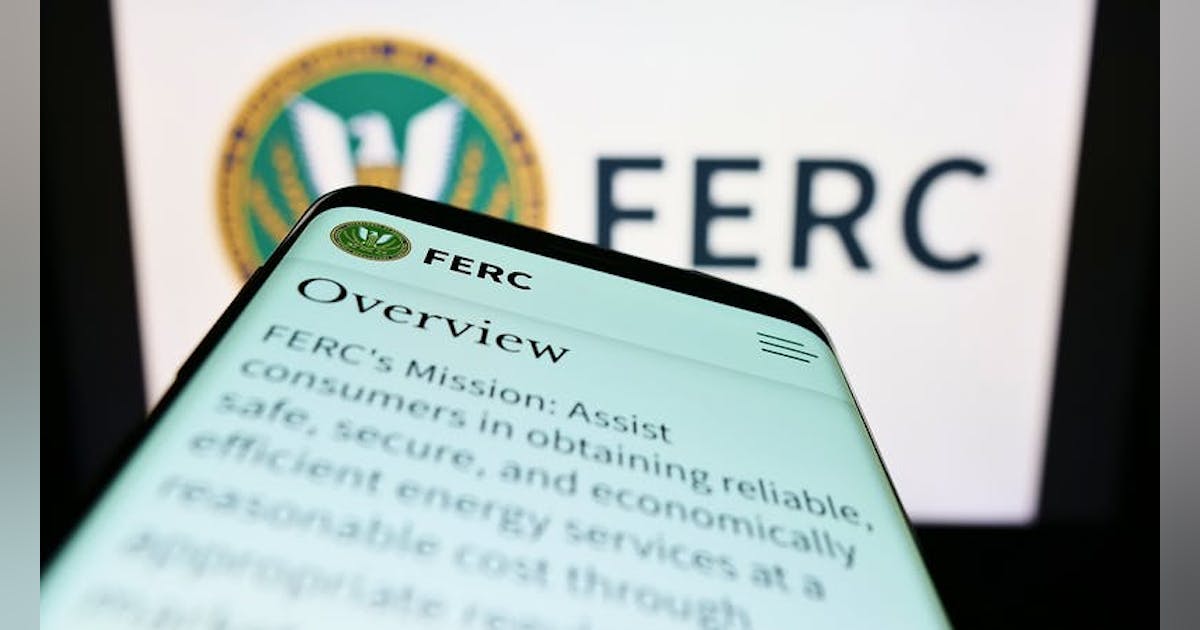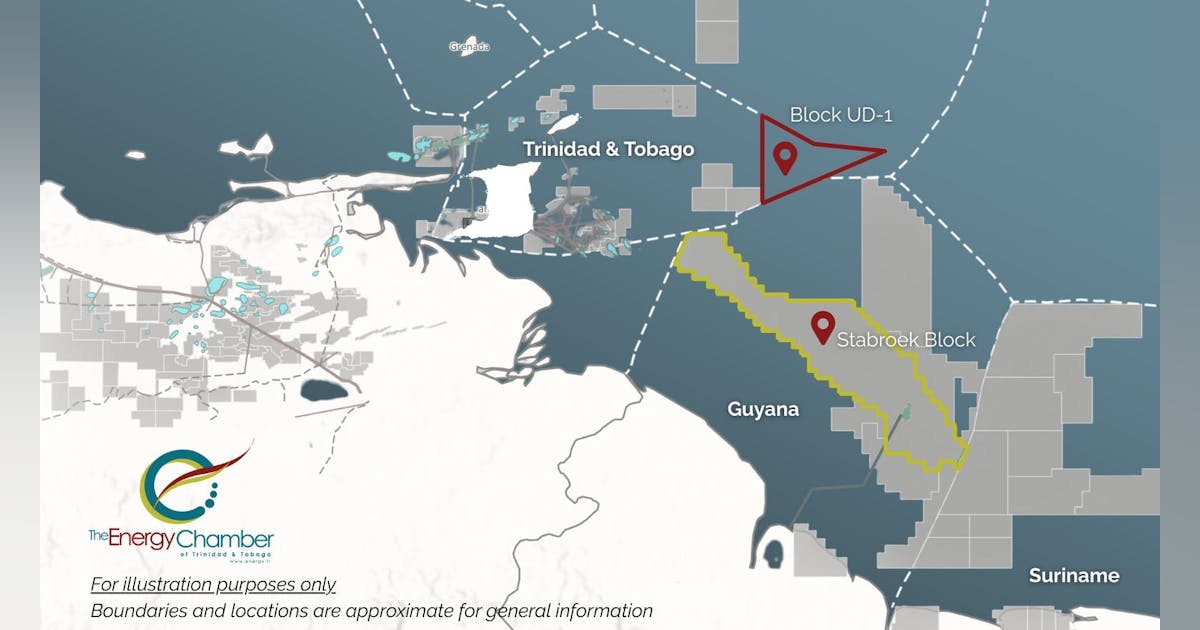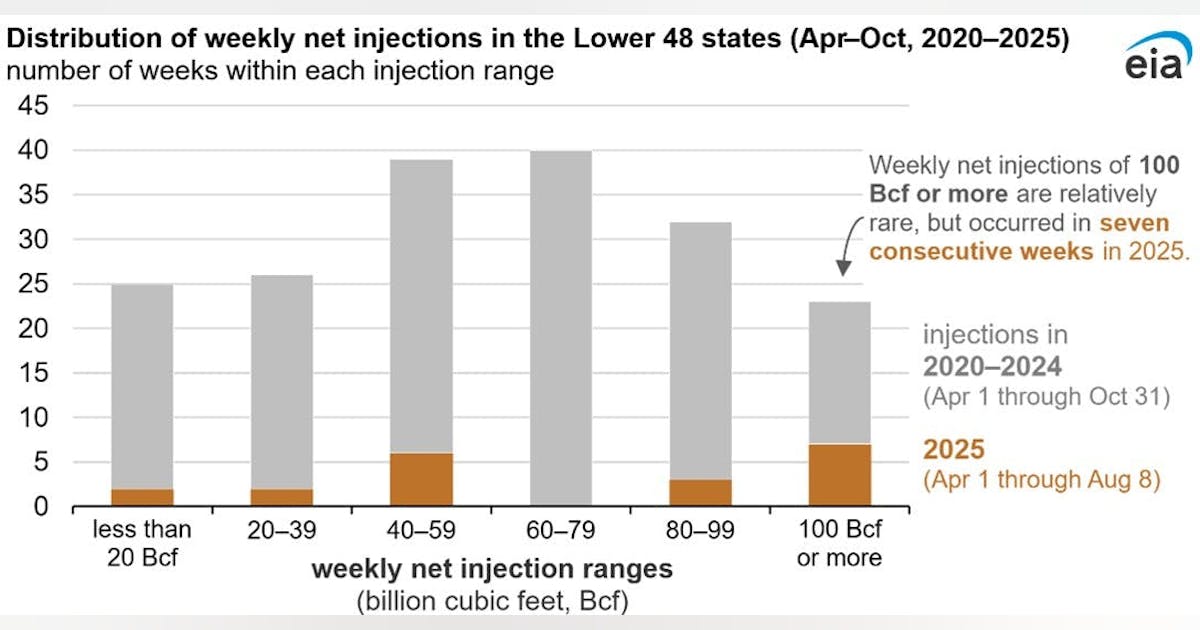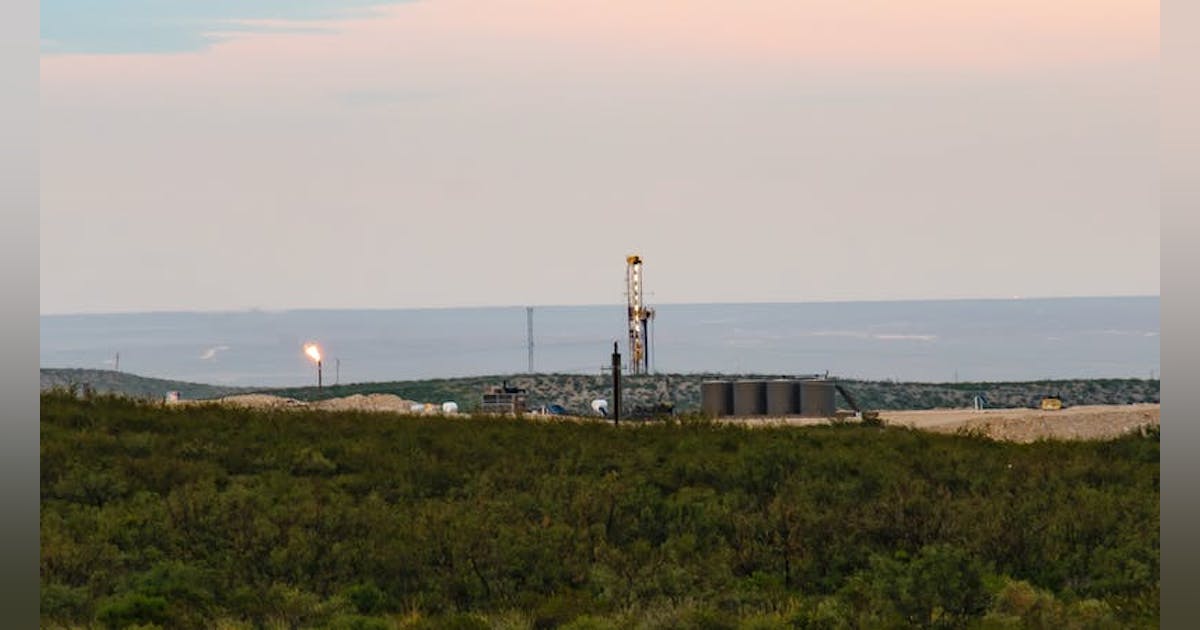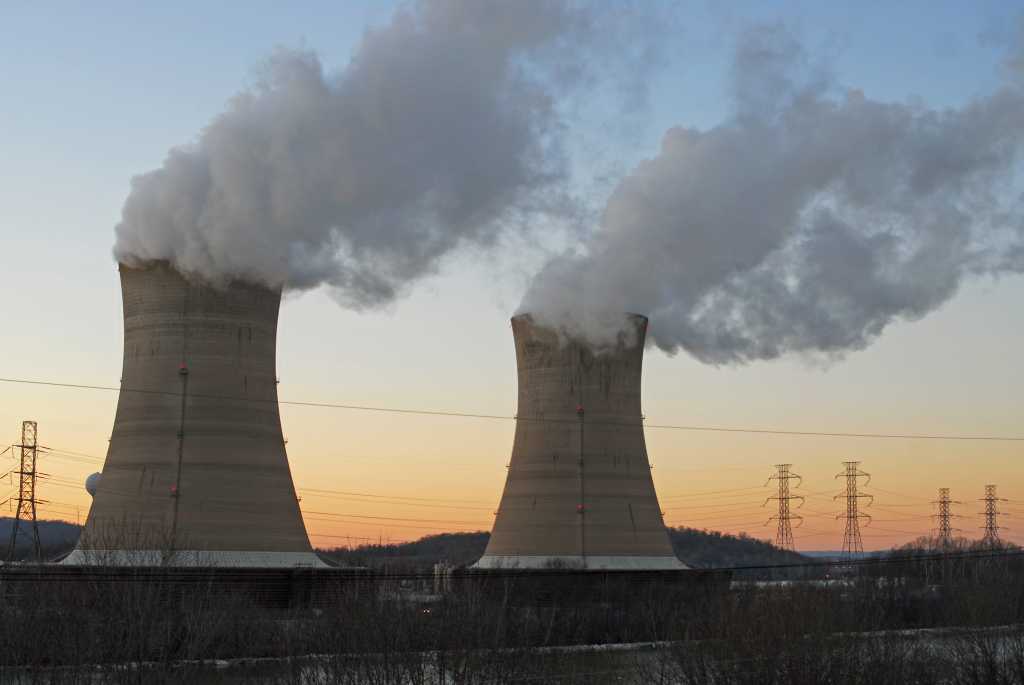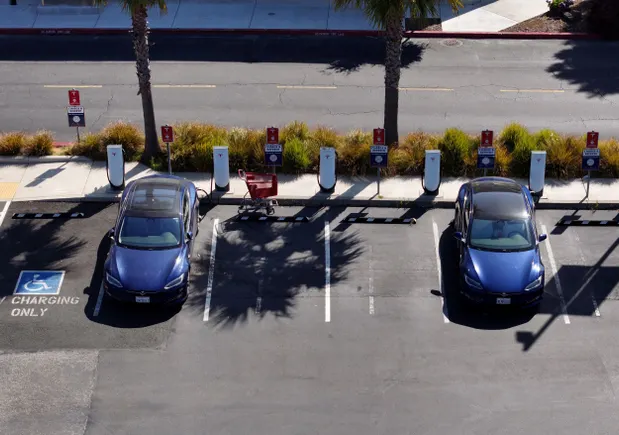
U.S. electric vehicle sales continue to grow and the charging market outlook remains strong despite federal policy headwinds, according to Wood Mackenzie.
The sector is showing “resilience despite challenges,” the firm said Tuesday in its EV charging infrastructure forecast.
The U.S. public DC fast charger segment will grow at a “robust” 14% compound annual rate through 2040, WoodMac said, to reach 475,000 ports and generate $3.3 billion in annual market value.
Globally, WoodMac anticipates EV charging ports will increase at 12.3% annually from 2026 to 2040, reaching 206.6 million ports.
“As utilization in public charging increases and infrastructure efficiency improves, we expect the ratio of EVs to public chargers to increase from 7.5 battery electric vehicles per charger in 2025 to 14.2 in 2040,” Oliver McHugh, senior EV charging research analyst for Wood Mackenzie, said in a statement.
U.S. federal policy was supportive of electric vehicles under President Joe Biden, who oversaw development of the $5 billion National Electric Vehicle Infrastructure formula program designed to build a public fast charger network. Biden also extended a $7,500 tax credit for EV purchases.
These incentives, plus new tailpipe emissions that would force manufacturers to produce more electric models, were intended to help meet Biden’s goal of having half of new vehicle sales be an EV by 2030.
President Donald Trump has largely opposed the EV transition. The tax and policy bill he signed in July eliminates the EV purchase credit after September. The Trump administration has also moved to weaken or eliminate vehicle emissions standards, and it put the NEVI program on hold for six months, though it has recently been revived.
The U.S. Department of Transportation on Aug. 11 issued new NEVI guidance, with changes to make the program more efficient. EV advocates cheered the “greater flexibility” for states and “regulatory certainty” around funding rollouts.
The market is “undoubtedly experiencing whiplash” as it shifts between the Biden and Trump administrations, Stan Cross, electric transportation director at the Southern Alliance for Clean Energy, wrote in a Monday blog post.
“Still, the data shows that the US and global EV markets continue to grow steadily, indicating there is likely sufficient market momentum at home and abroad to withstand America’s political EV flip-flop,” Cross wrote.
EVs reached over 10% market share in 2024, Cross noted, and in the first half of this year more than 600,000 have been sold. EV sales declined 1.4% in June, relative to May, but their market share increased 1.1%, he added.
The decline reversed in July, according to Cox Automotive, a services and technology provider for the sector.
The EV market “gained strong momentum in July, with new and used EV sales rising sharply as consumers accelerated purchases ahead of the Inflation Reduction Act’s tax credit expiration,” Cox said Friday.
“If you ask me what the state of the EV market is today, I will respond that it is solid despite the shaky political ground,” Cross wrote. “Though the politics of the moment may slow it down, the EV transition can’t be stopped.”







